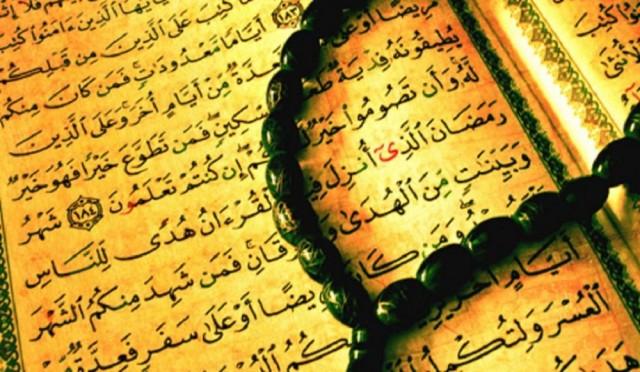 Mouhanad Khorchide* analyses in his book “God’s False Lawyers”:
Mouhanad Khorchide* analyses in his book “God’s False Lawyers”:
“If you follow Muslim tradition, the Prophet Mohammed began preaching Islam in 610.” “The main medium was the poetic form. The suras were not read aloud, they were recited, their aesthetic sound was supposed to make the voice of God (which is the content of the Quran) an emotional event” (page 21).
“The poetic form of the lecture was supposed to exude a certain sublimity and authority, the instructions could not simply be read out, they had to be recited ceremonially. This form of communication served in the first place the fortress of unconditional obedience”.
“It was precisely the poetic form of communication that tried to get in the way of critical thinking. Because it aimed to move people’s emotions. There was no need to think about it, on the contrary. This allowed the creeping consolidation of authoritarian structures in society to proceed unhindered” (page 35).
Actually, it is a countermovement to what, according to Khorchide, the basic intention was to make independent subjects out of externally determined objects. Because obedience to the rulers was equated with obedience to God, as far as Khorchide.
By only reciting the Quran in Arabic, the content of the message is not in focus. Rather, it is like a mantra that sets you in higher area and gives the speaker recognition and authority in all questions of life.
Speaking in the name of God is a problematic issue that can be found in all religions. God delivered the people of Israel from Egypt to serve them directly in freedom. In John 8:36, Jesus says: “If the Son sets you free, you will be free indeed.”
But it seems to be easier to submit to a system that promises God’s attention through ritual acts that you can tick off.
The other version is that you accept God’s attention through Jesus and get involved in a relationship with him.
Update follows. Previous posts on this topic “Manipulated Islam” June 11, 2021 “The great dilemma of Islam” June 18, 2021
*Mouhanad Khorchide is head of the Center for Islamic Theology at the University of Münster.